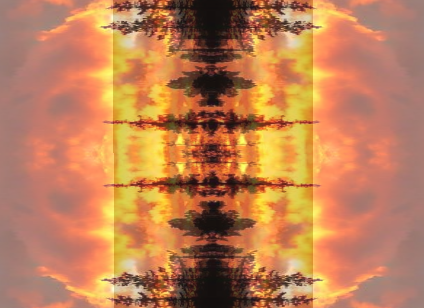
Whenever Jung introduces his principal ideas and their interconnections, at some point or other a fault line appears. It’s often half-hidden (or glossed over in the presentation), but it’s always there and it always subtly complicates the subsequent stages of Jung’s lines of thought.








